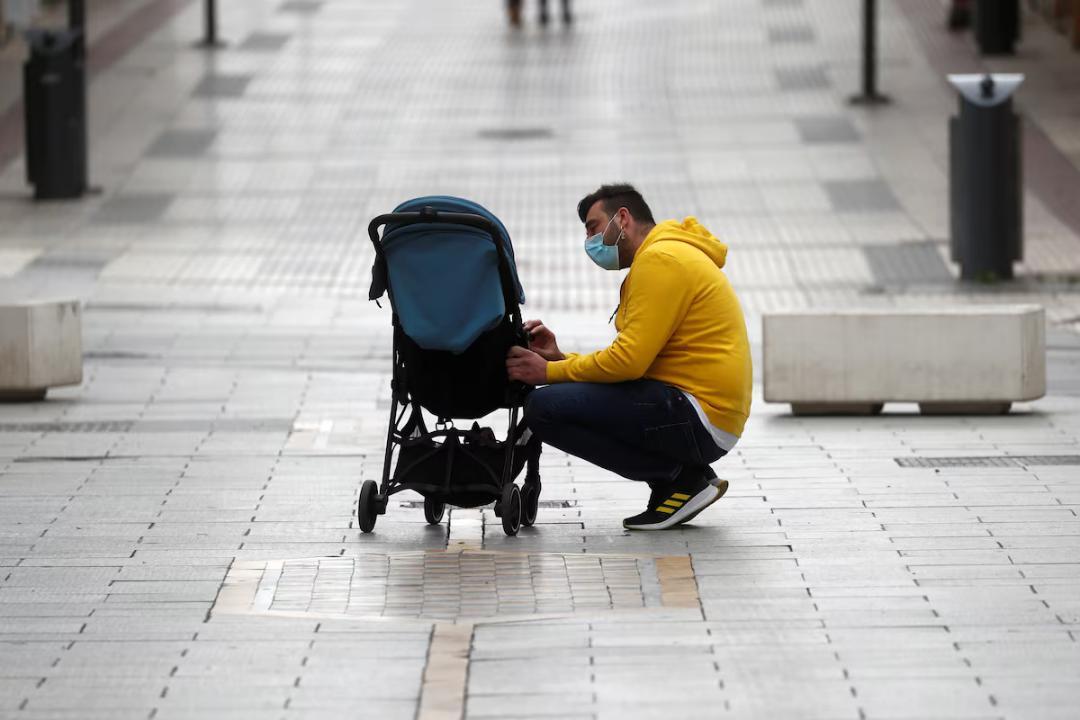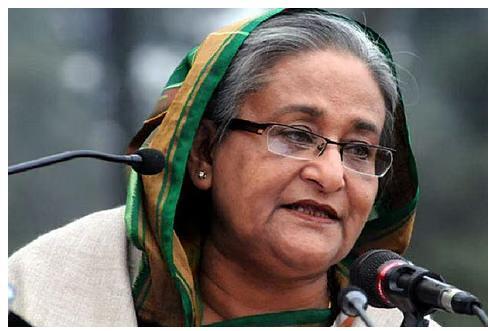
Spain to Offer 17 Weeks of Parental Leave to Both Mothers and Fathers
In a significant move towards promoting gender equality and supporting working parents, Spain has announced plans to extend its parental leave policy to 17 weeks, making it one of the most generous in Europe. The new policy will provide an additional week of paid leave to both mothers and fathers, bringing the total duration of leave to 17 weeks. This move is a significant step forward in Spain’s efforts to promote work-life balance and support working families.
As reported by Reuters, the new policy is part of a broader effort to implement the European Union’s 2019 directive on work-life balance, which aims to promote work-life balance and support working parents. The directive requires EU member states to provide a minimum of 20 weeks of parental leave, with at least 10 weeks of leave dedicated to fathers.
Spain and Finland are the only EU countries to offer equal, fully-paid birth leave to both parents. The new policy is expected to have a significant impact on working families in Spain, particularly fathers who have previously been limited to a few days of leave. The additional week of leave will allow parents to spend more time with their newborns and share responsibilities more equitably.
The Spanish government has been actively promoting gender equality and work-life balance in recent years. In 2020, the country introduced a law requiring companies with more than 50 employees to offer at least 16 weeks of parental leave, with at least 6 weeks dedicated to fathers. The new policy builds on this momentum and takes Spain’s parental leave policy to new heights.
The benefits of extended parental leave are numerous. For parents, it allows for more time to bond with their newborns, breastfeed, and adjust to the challenges of caring for a new baby. For fathers, it provides an opportunity to take on more childcare responsibilities and share the load with their partners. For the economy, extended parental leave can lead to increased productivity, reduced turnover rates, and improved employee morale.
The policy is also expected to have a positive impact on women’s employment rates. In Spain, women are more likely to take on childcare responsibilities, which can limit their career advancement opportunities. By providing more flexible and generous parental leave options, the government is helping to reduce the burden on women and promote greater equality in the workplace.
The new policy has been welcomed by parents’ associations and advocacy groups, who see it as a major step forward in promoting gender equality and work-life balance. “Spain is moving towards feminism…and there’d be no turning back,” said a Spanish minister, highlighting the country’s commitment to promoting gender equality and supporting working families.
The policy is also expected to have a positive impact on Spain’s economy. According to a study by the International Labour Organization (ILO), extended parental leave can lead to increased productivity, reduced turnover rates, and improved employee morale. The study found that countries with more generous parental leave policies tend to have higher employment rates for mothers and lower poverty rates.
In conclusion, Spain’s decision to offer 17 weeks of parental leave to both mothers and fathers is a significant step forward in promoting gender equality and work-life balance. The policy is expected to have a positive impact on working families, particularly fathers, and is a major step forward in Spain’s efforts to promote work-life balance and support working families.





